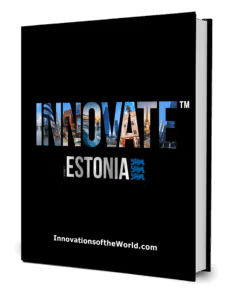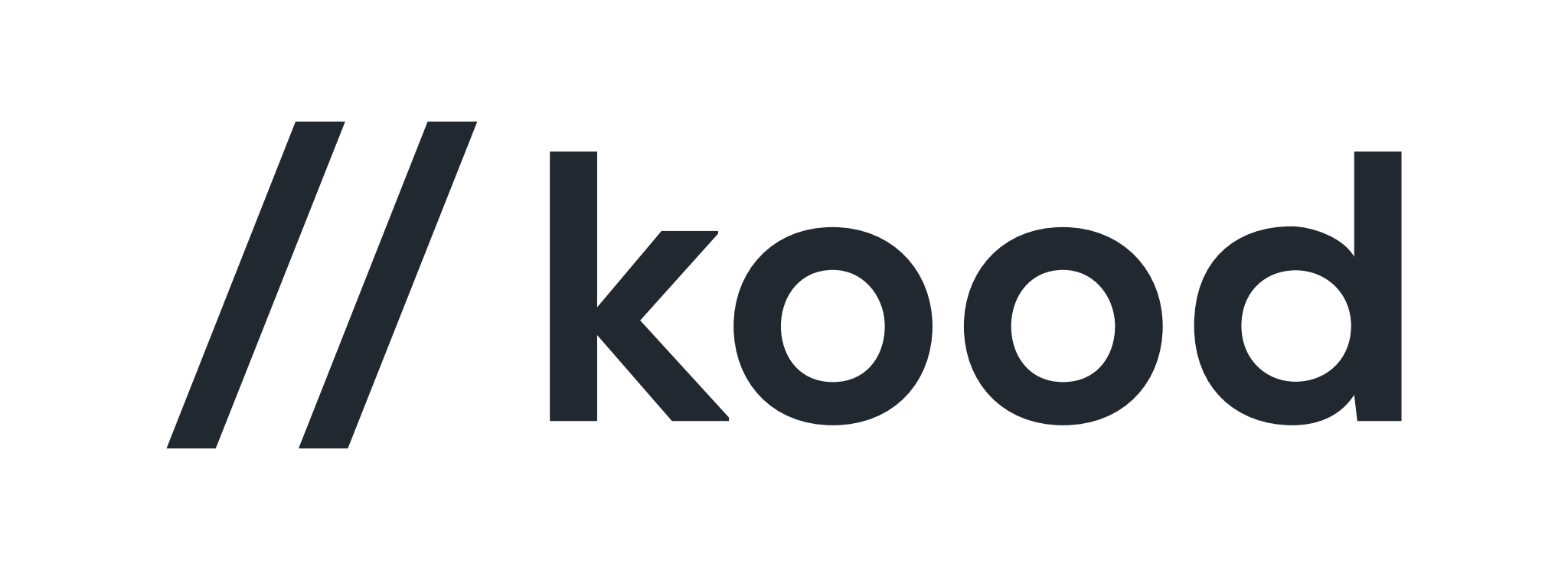When //kood’s first coding school, kood/Jõhvi, was founded in Estonia, it was an ambitious experiment to see if a practical, flexible programming school could be built to adapt quickly to the needs of the modern job market. Instead of following a traditional academic calendar or rigid curriculum, the goal was to create a learning model focused on rapid skills development. Seven cohorts and more than 1,200 students later, it is clear that the experiment has been a success.

//kood offers a hands-on, project-based approach to learning. There are no traditional teachers or lectures – instead, students work independently and in teams, learning by solving real-world problems. No previous programming experience is required. The curriculum covers both front-end and back-end development, problem-solving, and teamwork. In the final stage, students can specialize in areas such as cybersecurity, data analytics, mobile applications, or artificial intelligence. The program lasts 12–15 months, offering a flexible yet intensive path to a career in technology.
The admissions process begins with an online logic game, testing applicants’ problem-solving skills rather than academic results. Successful candidates are invited to the Selection Sprint, a three-week boot camp where they complete their first programming tasks and weekly exams. Those who excel are admitted into the full program. This inclusive approach to learning has attracted a diverse group of students, representing over 30 nationalities, with an average age of 29, and 21% women. Most are career changers, including former doctors, taxi drivers, Olympic medalists, musicians, alongside recent high school graduates.

Since its founding, //kood has welcomed seven batches, with more than 350 graduates to date. Nearly two-thirds of alumni now work in the technology sector, in roles ranging from software development to DevOps, UX/UI design, and data analysis. Employers value graduates for their practical skills, problem-solving mindset, and the diverse experiences they bring from previous careers.
//kood has expanded beyond its original campus in Jõhvi. In Estonia, there are now two new campuses in Võru and Paide, making programming education accessible nationwide. Internationally, //kood can also be found in Finland under the name kood/Sisu.
In September 2025, //kood launched kood/Zhytomyr in Ukraine in partnership with Zhytomyr Polytechnic State University and with support from ESTDEV. The first cohort of 80 students was selected from nearly 200 applicants and will study in a hybrid format, combining online and on-site learning to ensure continuity despite the challenges of war.

In Kenya, the second pilot project supported by ESTDEV began with a three-week Selection Sprint. Now, 13 Kenyan learners have joined batch 7 of kood/Jõhvi remotely, marking the beginning of a cross-continental learning experience. This initiative aims to help Kenya build a competitive ICT workforce and connect local talent to global opportunities.
“While in Estonia we created //kood to accelerate the training of IT talent, in these new countries we are giving people the tools to shape their own future and strengthen their communities,” said Taavet Hinrikus, entrepreneur and co-founder of //kood.
As technology evolves, many worry that artificial intelligence could replace programmers. While AI tools have automated repetitive coding tasks, they have expanded rather than diminished the role of human developers. Future programmers will focus on strategic thinking and integrating AI-generated code, ensuring systems are reliable and innovative. AI is a powerful assistant, but human oversight remains essential.

//kood challenges the stereotype that only those with exceptional math skills can become programmers. Programming is fundamentally problem-solving through a structured language, accessible to anyone with determination and curiosity. Over the past few years, //kood has proven that a taxi driver, doctor, or recent graduate can successfully transition into a thriving tech career.
From its roots in Jõhvi to campuses across Estonia, Finland, Ukraine, and Kenya, //kood is shaping the future of global IT education. By offering practical, inclusive, and adaptable programs, the school empowers people to redefine their careers and build stronger digital communities worldwide. Whether in a small Estonian town or a bustling African city, //kood opens the door to a better future—one line of code at a time.














